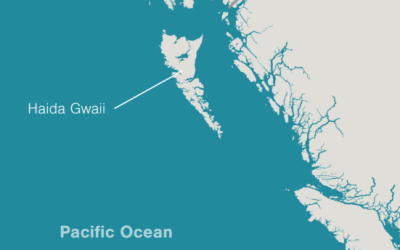Uruguay is set to become the first country to legalize the manufacture, distribution, and sale of marijuana. This is a meaningful step toward reducing drug-related crimes, eliminating wasteful spending, and shifting the debate from criminalization to individual liberty and personal responsibility. However, there is one caveat: “The state would assume the control and regulation of the importation, exportation, plantation, cultivation, the harvest, the production, the acquisition, the storage, the commercialization, and the distribution of cannabis and its by-product.”
Proponents of drug legalization, be aware: operating a retail drug monopoly entails a massive expansion of government bureaucracy and red tape, not the reverse. For instance, Uruguay’s new reforms include licensing requirements, consumption limits, and the most disturbing of all: registration in a national database. Not only are there countless examples of the negative effects of licensing schemes (and other regulatory burdens), but also the government should not be dictating the amount an individual is allowed to consume (within reason, i.e. operating a vehicle) and individuals should not be required to register in a national database, which is a complete breach of privacy.
Moreover, it’s troubling that any government would participate in the sale of harmful substances to its citizens after decades of promoting exactly the opposite, all the while spending hundreds of millions to battle violent cartels, arresting individuals for senseless, victimless crimes, and criminalizing the sick and downtrodden. Drug legalization should be exactly that: the legalization, and subsequent treatment of, marijuana and other drugs as a taxable commodity – like alcohol in most countries.
Nevertheless, the world should watch Uruguay closely, as it is the first natural experiment in drug legalization – conveniently located in an area marred by drug-related violence.
As a result, Uruguay’s experience will be looked at as a model for other countries, such as Canada and the United States, both of which should watch particularly closely to the consequences of expanding government’s role in the “War on Drugs.”


